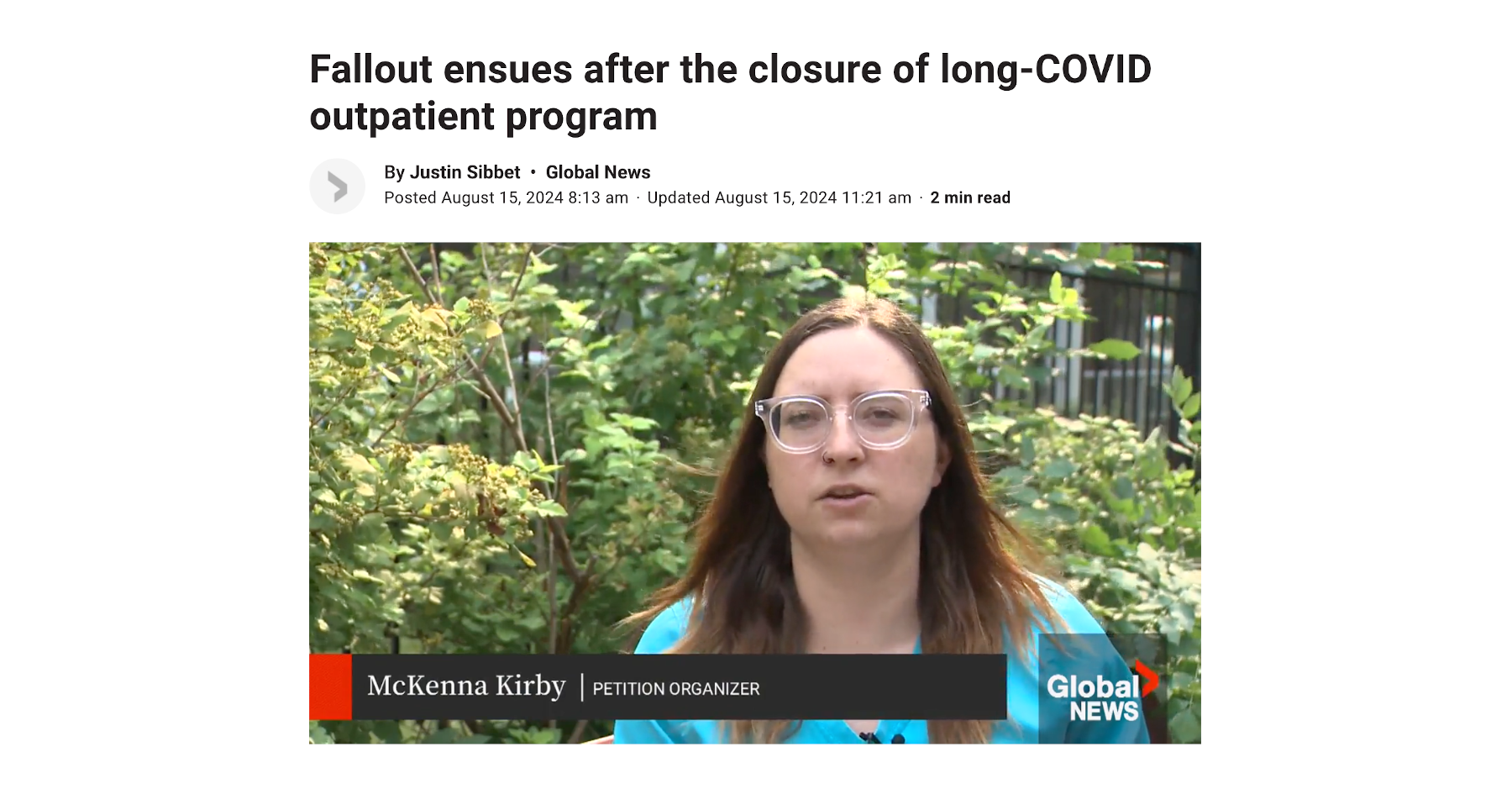The 2024 school year is beginning amid one of the biggest COVID-19 waves of the pandemic.
One U.S doctor states, “This is a very significant surge. The levels are very high. They’re the highest we’ve ever seen during a summer wave.” It might be hard to think about, but we’re still in a pandemic and experts are warning against COVID-19 complacency in schools.
Dying with COVID-19 in the acute phase may have decreased, but complications from an infection exist — more than 2 million Canadians have “long COVID” (LC). In this context, societies that see themselves as equitable, inclusive and just need to consider if they’re doing the best job protecting their more vulnerable members, like children and many precarious workers. Research shows governments are not doing the best protecting the rights of children in a crisis, and reports from workers indicate some feel abandoned and left to deal with scary health situations, largely on their own. For school staff, students, their families and communities, this all seems quite cruel. It does not need to be this way.
Comments closed
